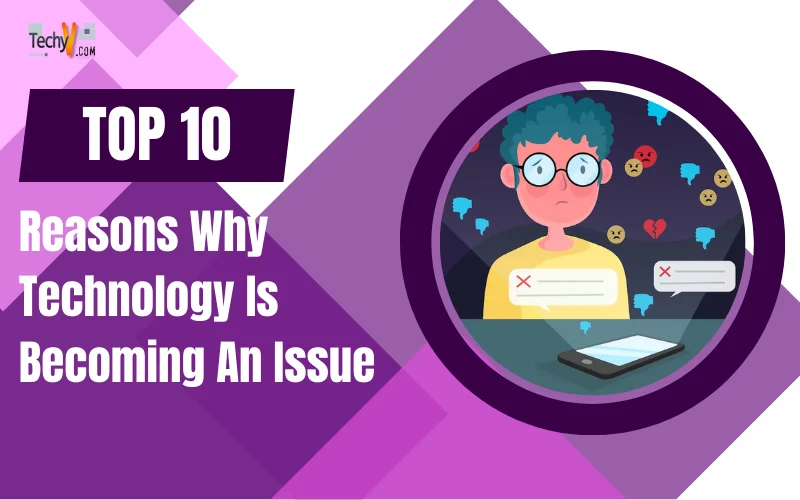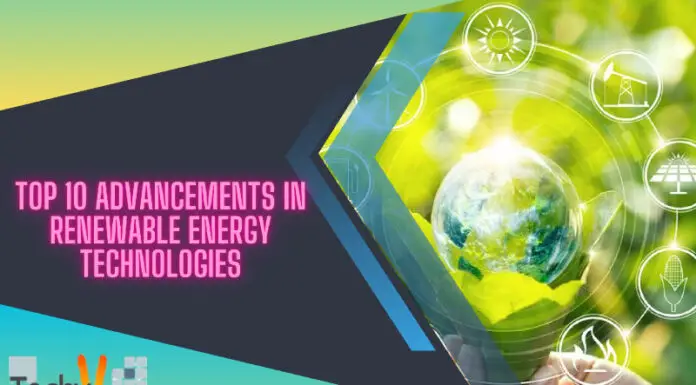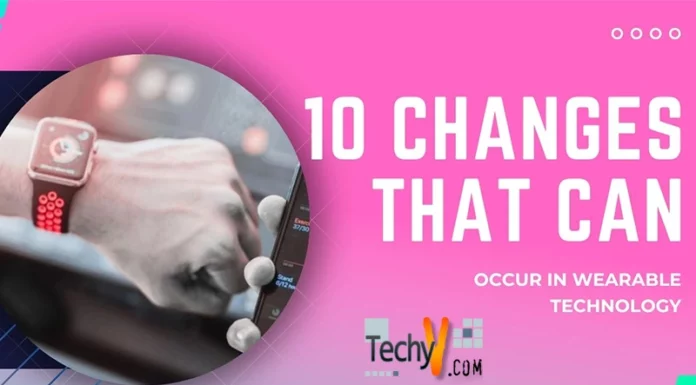Technology is one of the integral parts of our daily life. We are continuously surrounded by gadgets and devices that make our life easier. However, as technology continues to advance rapidly, it is also becoming an issue for many people.
There are several reasons why technology is becoming problematic in today’s society. From addiction to social isolation, the adverse effects of technology cannot be ignored. In this article, we will explore Ten reasons technology is becoming an issue and how it can impact our lives. So, let us discuss about each of them in brief:
1. Privacy Concerns Due To Increased Use Of Technology
Privacy concerns have become a significant issue due to the increased use of technology. Our personal information is no longer private, and it seems that every move is being monitored. The figure of speech ‘Big Brother is watching’ comes to mind when we think about how companies collect data on us without our knowledge or consent. It’s not just limited to online activity either; smart devices in our homes can also record conversations and movements. The lack of privacy has far-reaching consequences, as we see more cases of identity theft and cybercrime.
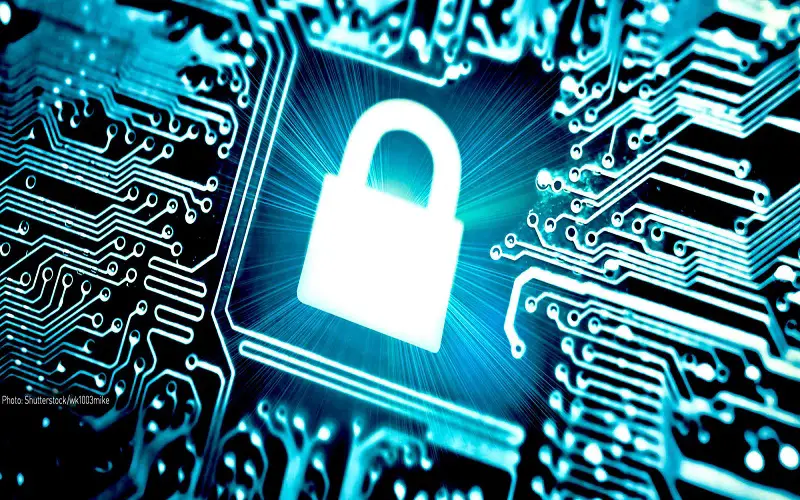
2. Addiction And Overdependence On Technology Affecting Mental Health
Like a moth to a flame, people are becoming more addicted and overdependent on technology at an alarming rate. This problem is affecting mental health in ways that were previously unheard of. The rise of social media and the constant need for instant gratification has resulted in individuals spending countless hours scrolling through their feeds or playing games on their phones. As a result, many have developed anxiety, depression, and insomnia due to the lack of sleep caused by staying up late with screens. Studies show excessive screen time can cause reduced attention spans, decreased critical thinking skills, and poor decision-making abilities.
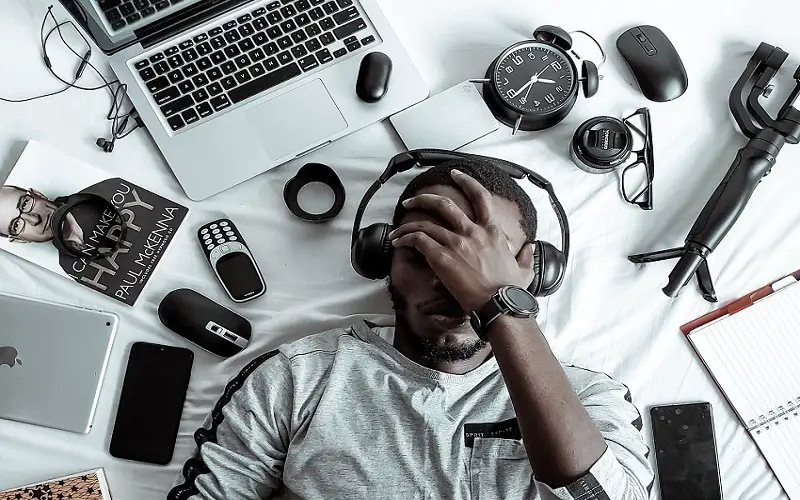
3. The Emergence Of Fake News And Misinformation Due To Social Media And Technology Advancements
The widespread use of social media and technology advancement lead to the possibility of fake news and misinformation. With the ease of sharing information on various platforms, it has become increasingly difficult to separate facts from fiction. Misleading headlines, doctored images, and manipulated videos are just some examples that contribute to this issue. This phenomenon not only affects individual’s ability to make informed decisions but also poses a threat to democratic processes. During the COVID-19 pandemic, false claims about cures or preventions for the virus circulated widely on social media leading people to take unsafe measures.

4. Loss Of Human Interaction And Connection
Technology has made connecting with others so easy, yet it is also making real human interaction increasingly rare. While technology has enabled us to communicate in new ways, we must make an effort to nurture authentic relationships and community. Even when we’re together in person, we get distracted by technology. Make the time to meet up with a friend for coffee or a walk. Get out and participate in local events. Have honest conversations where you’re entirely focused on the person you’re with. Our human connections are what give life deep meaning.

5. Sleep Deprivation And Insomnia
Technology uses close to bedtime is wrecking our sleep schedules. Our device emits blue light, which tricks our brain during daytime and suppress melatonin production. As a result, it becomes difficult to sleep. Insomnia and poor sleep are significant issues today that technology overuse and addiction seem to be exacerbating. Make your sleep a priority and set limits around technology and screen time, especially in the hour before bed.

6. Poor Posture
With technology like laptops, tablets, and smartphones dominating our lives, poor posture has become an epidemic. When you are gazing down at a screen, your back strains into an unnatural position for extended periods. This slouching posture compresses your lungs and diaphragm, impacting your breathing. It also places extra stress on your spine, neck, and shoulders, which can lead to chronic pain over time.
To improve your tech posture, your knees should remain at a 90-degree angle, with your feet flat on the floor. Place your screen at or slightly below eye level so your gaze is straight ahead.

7. Rise Of Fomo (fear Of Missing Out)
These days, we all seem to have a constant fear of missing out on something (aka FOMO). Social media has made it easy to see what others are experiencing. It can lead to feelings of inadequacy or like your own life isn’t exciting enough in comparison. You find yourself constantly checking social media to see what is happening and worrying you will miss an opportunity or life event if you are not online. The anxiety and distraction this causes reduce your ability to be present and enjoy your experiences. You end up living vicariously through the curated posts of others rather than appreciating what is right in front of you.

8. Hacking And Leaks
There have been many cases of companies getting hacked and personal data is leaked. Once your data is out there, you can’t get it back. To limit how much of your information is collected and vulnerable to misuse, be cautious of what data you share online and with connected devices. Turn off location services and microphones when not in use, use strong and unique passwords, and be wary of oversharing on social media. While technology certainly brings convenience, be aware of the privacy trade-offs and take measures to keep your personal information as secure as possible.

9. Anxiety And Depression
The impact of technology on mental health cannot be ignored. Anxiety and depression rates are on the rise, and many experts attribute this to our increasing reliance on technology. Constant comparison to others, cyberbullying, and the pressure to present a perfect image online can lead to feelings of anxiety and depression. Remember, technology is a tool that should enhance your life, not detract from it.

10. Survey Claims That Technology Is Becoming A Threat
One interesting statistic highlighting the importance of addressing these issues is that according to a Pew Research Centre survey, 74% of Americans believe tech companies are not doing enough to protect user’s data. It shows that people are becoming increasingly aware of the risks associated with using technology, and want action taken to address them. It is time for individuals, organizations, and governments to come together to find solutions before these issues get even worse.



